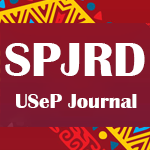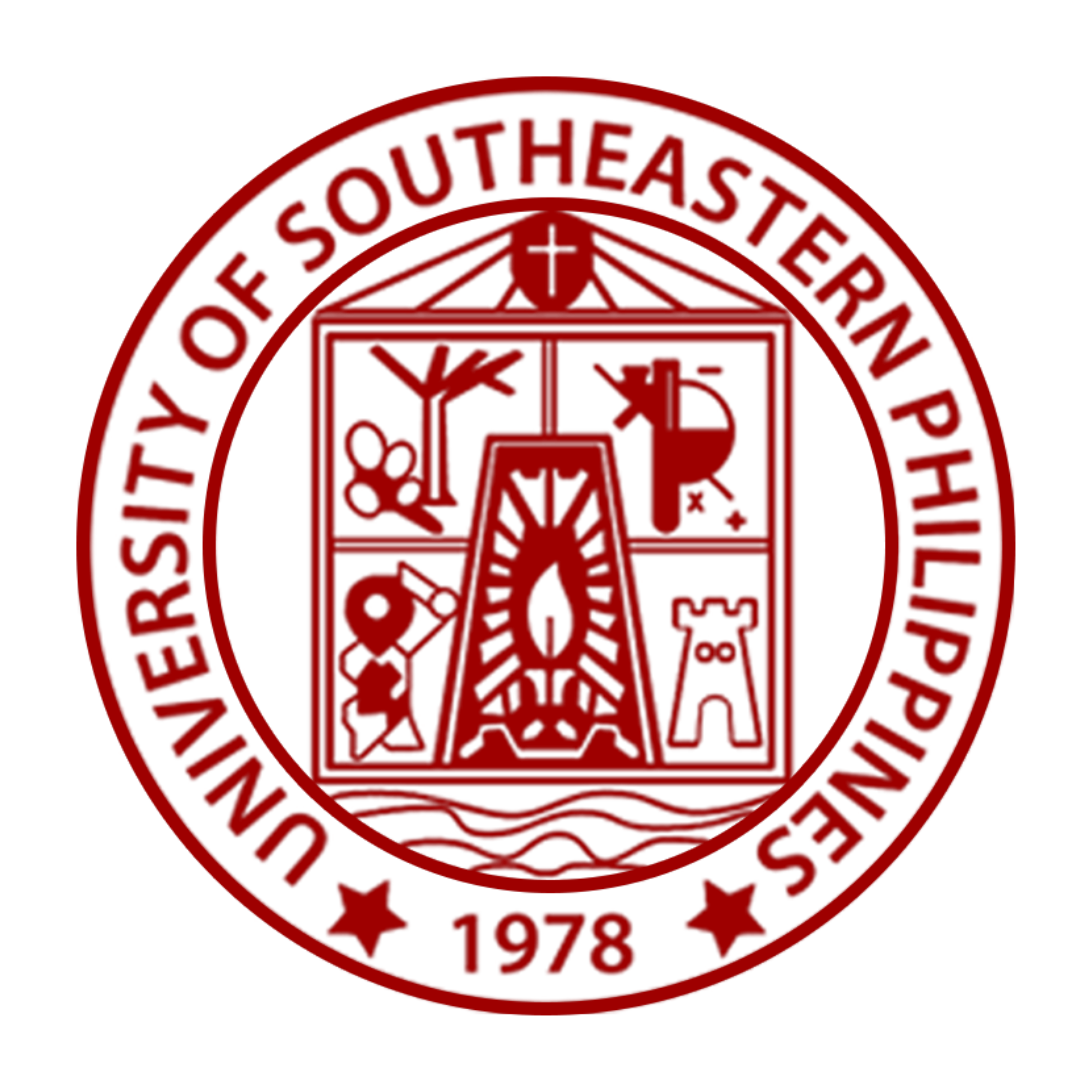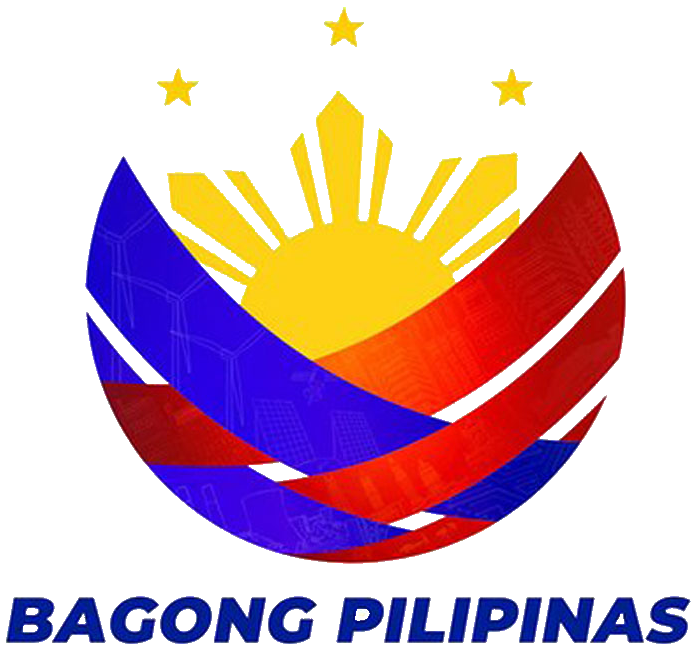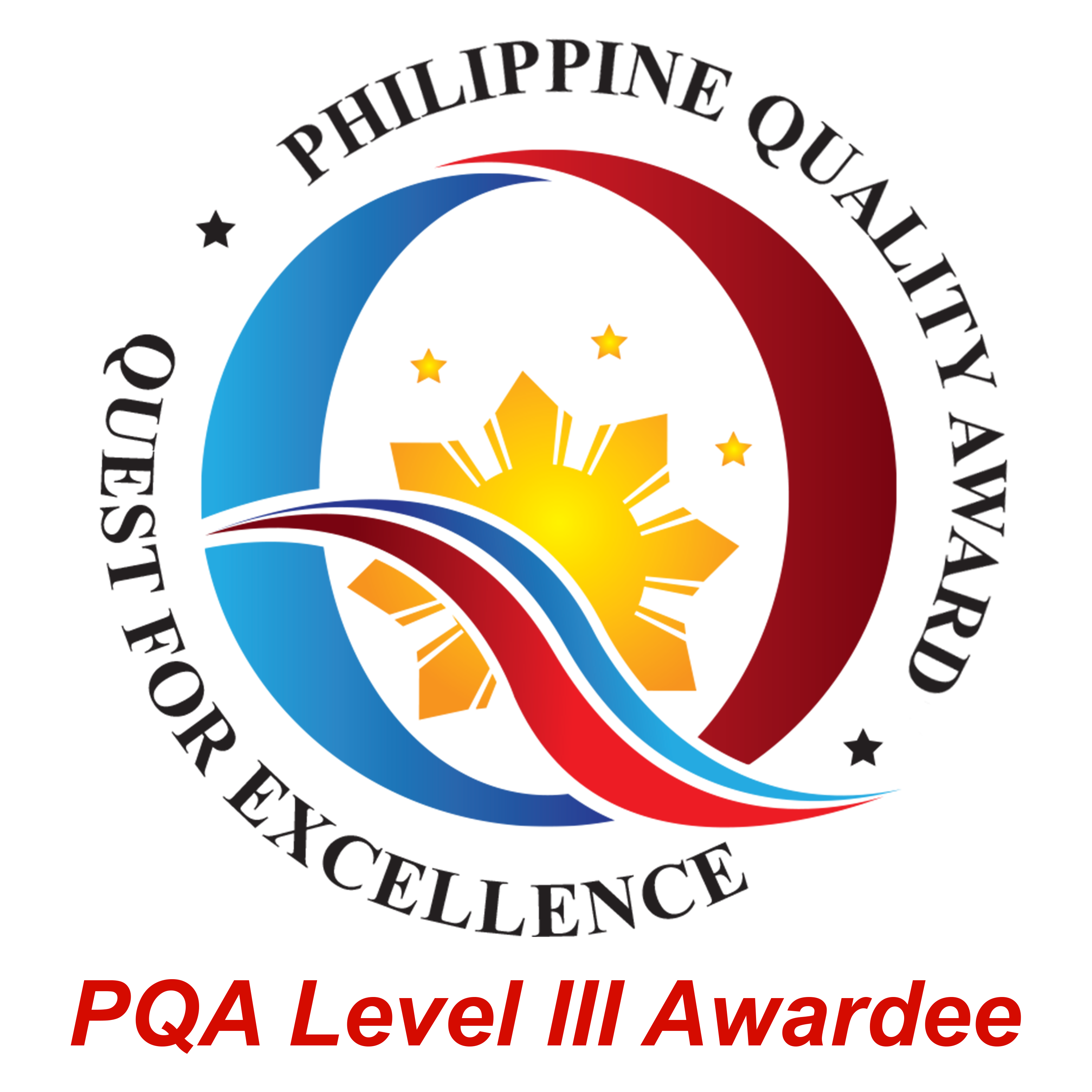About Us
The Institute of Languages and Creative Arts (ILCA) was established in 2005 by the University of Southeastern Philippines (USeP) to address language barriers and promote creativity through arts integration. Since its inception, ILCA has broadened its course offerings to encompass English and various foreign languages, pioneered innovative teaching resources, and gained recognition for its language program.
In 2015, ILCA underwent a rebranding to emphasize the role of arts in language education. The curriculum now includes artistic components to foster creativity and critical thinking. ILCA remains dedicated to maintaining high academic standards, adhering to international language conventions, and supporting the professional growth of its faculty and students through training and workshops. The institute plays a pivotal role in advocating for the importance of foreign languages and strives to enhance the global competitiveness of the Philippine workforce.
INSTITUTE OF LANGUAGES AND CREATIVE ARTS
The Institute of Languages and Creative Arts (ILCA) was established in 2005 by the University of Southeastern Philippines (USeP) to address linguistic challenges faced by diverse communities. The founding vision was to foster creativity through the integration of artistic disciplines.
Initially known as the Institute of Language (IL), ILCA focused on providing short-term courses in English and various foreign languages. Notably, the English Bridge Program, offered under the Lifelong Study Center (LSC), aimed to equip individuals with the language skills necessary for navigating globalization. The importance of language proficiency was formally recognized in 2005 by Resolution No. 3576, which placed ILCA at the forefront of language education within USeP. This recognition marked a significant milestone in the institute's early history.
Between 2006 and 2008, ILCA organized writers' training workshops and collaborated with USeP faculty to develop instructional materials (IMs) for English, Filipino, and literature subjects, addressing the shortage of learning resources at that time. In 2008, the German Language Program, consisting of 20 hours of lectures, received approval and recognition through Resolution No. 3578, driven by demand from multinational companies in Germany and sponsorships from German parents.
In 2013, Resolution No. 2013-07 facilitated the publication of ILCA modules by a private publishing house, setting guidelines for their translation into textbooks. This resolution also encouraged the adoption of these standardized editions across USeP’s colleges and external campuses to ensure consistency and increase the number of copies sold.
The year 2015 marked a significant change as ILCA rebranded to highlight the role of the arts in language education. This strategic shift incorporated artistic elements into the ILCA curriculum, promoting creativity, critical thinking, and language proficiency. This innovative approach serves a diverse range of learners, covering both local and international languages.
Following the AACUP program accreditation and the Certificate of Program Compliance (COPC) visit in 2023, ILCA has focused on maintaining high academic standards. Its English Language Program exemplifies this commitment, having achieved accreditation and a Certificate of Development (CoD) from the Commission on Higher Education (CHED). The strategic planning conducted in the first quarter of 2023 has further guided ILCA's direction within the University. This plan emphasizes bridging linguistic gaps and fostering cultural awareness through various language and arts programs and activities, including producing educational materials (books, supplementary materials, etc.).
One of ILCA's primary goals is to incorporate global language standards into its curriculum, covering Arabic, Nihongo, Mandarin, Bahasa, English, Italian, Korean, and Spanish. This initiative addresses the growing need for language proficiency for personal and professional development. Additionally, ILCA is committed to supporting its faculty and students by providing training and workshops focused on language and creative arts, thereby offering opportunities to enhance and showcase their work at national and international conferences. Furthermore, ILCA is dedicated to improving its infrastructure by incorporating new facilities and testing centers, thus transforming language instruction and integrating the arts into learning. This aligns with USeP’s mission to equip the entire university community with the necessary skills for success in a global environment.
In response to the immediate need for a workforce proficient in foreign languages, USeP established the Institute of Languages and Culture in partnership with the Philippine government. This initiative aims to highlight the value of foreign languages and create an environment where language learning is seen as essential for enhancing the Philippines’ human resource competitive advantage.
The Institute has established links with the German Embassy and, through its faculty, is liaising with the Goethe Institute for potential future accreditation. The University also receives referrals from the Philippine Overseas Employment Administration (POEA), the Technical Education and Skills Development Authority (TESDA), and other institutions locally and internationally.
ILCA is dedicated to increasing the production of innovative and research-based instructional materials for language and cultural studies and strengthening the creation, production, and publication of creative works.
In response to the ever-changing demand for a highly competent manpower, the Institute of Languages and Creative Arts of the University of Southeastern Philippines envisions to become a leading international languages and creative arts institute in Mindanao to produce globally-competitive human resources.
The Institute of Languages and Creative Arts firmly stands as a medium for global understanding and creative progress. Thus, it supports to provide relevant international language and creative arts studies programs that are creative and competency-based with support from competent faculty and management to scale-up the development of human potential.
The Institute of Languages and Creative Arts aims to:
- Provide foreign language and cultural studies programs to help students improve their language skills and cultural understanding needed to pursue knowledge in a university where foreign language such as English, Nihonggo, etc. is used as a medium of instruction;
- Provide foreign language and cultural studies programs to students and the global community for academic, professional, and personal development;
- Assist students in their cultural adjustments so that their academic pursuits will be both enjoyable and productive;
- Adhere to high standards of foreign language instruction and program management;
- Inculcate the importance of foreign language study in the development of students’ cognitive and critical thinking abilities;
- Inculcate the value of learning foreign languages to increase students’ ability to compare and contrast cultural concepts; and
- Stress that learning foreign language opens up a whole new culture, thereby helping students to appreciate various cultural beliefs and traditions of people around the world.
Goal #1: Increase production of innovative and research-based instructional materials for language and cultural studies
STRATEGIES:
- Produce research and research-based instructional materials that demonstrate innovation in concepts, formal language, and/or materials.
- Hire experts from diverse backgrounds of the highest quality, committed to teaching, research, and service.
- Engage faculty and students through continual academic programs for internationalization.
- Strengthen partnerships with government agencies, industries, consular offices, and international organizations.
- Intensify the support and promotion of ILCA, including its current practices, strategies, and resources for learning language and cultural studies.
- Ensure a well-maintained environment that supports teaching, research, learning and a sense of community.
- Recruit IT to support personnel to support research-related projects, open journal systems (OJS), and web design/application.
- Collaborate with the CIO and/or MiSpace to support instruction.
- Administer midterm assessment when the need arises.
Goal #2: Strengthen creation, production, and publication of creative works
STRATEGIES:
- Formulate policies on creative works.
- Produce creative works that demonstrate innovation and transformation.
- Strengthen the creative arts skills and continual rearrangement of design elements.
- Engage faculty and students in creative arts.
- Collaborate with KTTD for copyright, trademark and patent purposes.
- Exhibit the creative works of faculty, students and partners.
The certification plays a crucial role in the success of producing materials at the University, empowering the institute to break free from external publishing companies and confidently submit materials for national and international contests and awards. The National Book Development Board (NBDB) recognized the Institute of Languages and Creative Arts (ILCA) as a certified Book Publisher under the Republic Act (RA) 8047, highlighting the importance of book publishing in national development. This certification strengthens the ILCA's role in knowledge creation through its instruction, research, extension, and production mandates in the university.



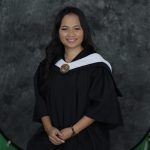
Language Teachers



Latest German-Language-Proficiency



